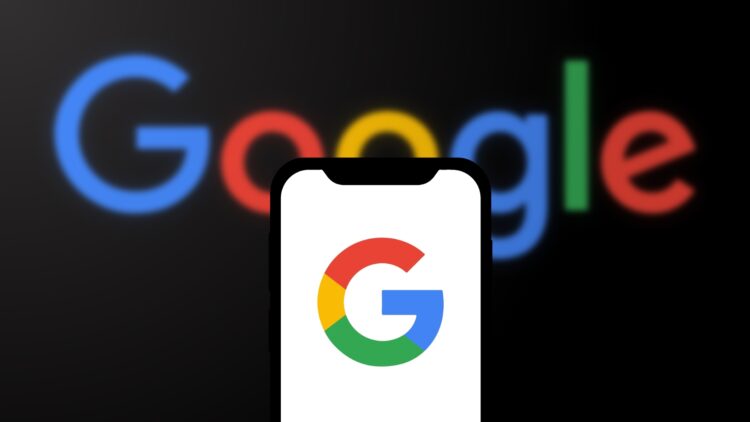Data collection by tech companies has been a heavy topic of discussion for years, especially as privacy laws have begun to be tightened and the public has become more and more concerned with their data being sold and used against their wishes. One of the companies that has been in consistent hot water because of this is Google, as the tech giant has been known to skirt privacy laws and data collection prohibitions for decades now. In the latest case against them, the plaintiffs were able to prove that Google collected mobile data without individuals’ consent, even when they had their browser’s incognito mode activated.
This is a problem for a couple of reasons, the first one being that without consent the data that is collected should be deleted or at least heavily guarded until it is, and that is not what happened here. The second reason is that incognito mode promises to not save any of the data that is input in the browser, so it should not be collected in any way shape or form. Since this was such an obvious violation of privacy laws, it is not a surprise that a California state jury penalized Google with a $314 million payout to the members of the class action suit that brought this issue to light.
The Google class action suit that brought privacy laws back to the spotlight
The class action suit was filed in 2019 by more than 14 million Americans. Their claim was that Google configured Android phones to send information to the company not just when they were connected to wi-fi, but also when they were using mobile data (which many users disable as the sending of information usually takes up a lot of data and for those who do not have unlimited plans it is an expense). As the lawsuit explained, since they did this without user’s consent, this involved a “compulsory and unavoidable use” of personal resources for the exclusive benefit of Google with no benefit to the users given in return.
And the jury agreed with the claim, explaining in their response that “Google was responsible for sending and receiving information from the devices without permission while they were inactive.”
The reasons Google gave for saving this data were the usual, improving the accuracy of location services and optimizing targeted advertising, which are all key cornerstones of Google’s parent company Alphabet’s business model. While this is disclosed in the usual user agreement that customers sign with Google when they purchase a new device, most users do not consent to sending data when there is no wi-fi available and none of them consent to data being shared from incognito mode, despite Google asking every single time you open one of these tabs.
The company counter claimed that no Android users were harmed by the data transfers, but that was not enough to sway the jury to their advantage, as the plaintiffs’ attorney Glen Summers stated that the verdict “strongly vindicates the merits of this case and reflects the seriousness of Google’s misconduct.”
On the opposite side, Google spokesman José Castañeda stated in a statement that the company would appeal and that the verdict “misrepresents services crucial to the security, performance, and reliability of Android devices,” according to Reuters.
Another Google spokesperson told The Verge that “Incognito mode in Chrome gives you the option to browse the web without your activity being saved to your browser or device,” adding that, “As we clearly state each time you open a new incognito tab, websites may collect information about your browsing activity during your session.” But as the lawsuit has proven, this might not be as true as we would like to believe.

